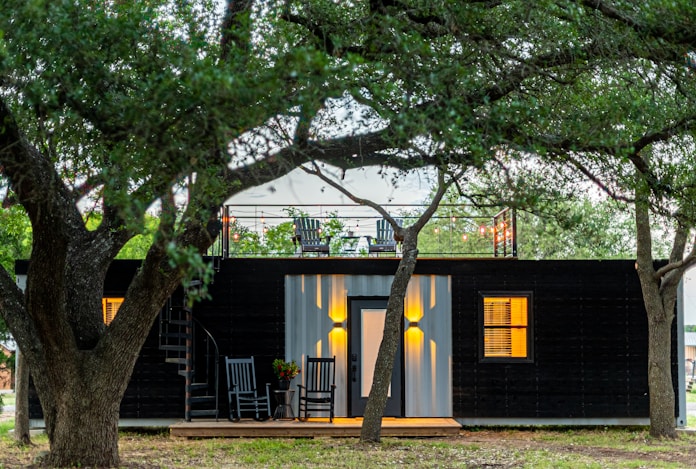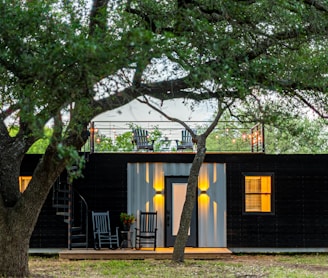What is an ADU and Junior ADU?
Explain of what an ADU is and what a Junior ADU is.
5/25/20232 min read


What is an ADU?
In the context of housing, an ADU stands for "Accessory Dwelling Unit." It refers to a secondary housing unit that is located on the same property as a primary residence. ADUs are also known by various other names, such as "granny flats," "in-law units," or "secondary suites." These units are designed to be self-contained and provide independent living facilities, including a separate entrance, kitchen, bathroom, and sleeping area.
ADUs offer several benefits:
1. Increased Housing Options: ADUs provide additional housing options within existing residential neighborhoods. They allow homeowners to create separate living spaces for family members, guests, or renters.
2. Rental Income: Homeowners can rent out ADUs to generate additional income, helping to offset mortgage costs or supplement their finances.
3. Multigenerational Living: ADUs can facilitate multigenerational living arrangements, allowing extended families to live together while maintaining some level of privacy and independence.
4. Aging in Place: ADUs can serve as a suitable living arrangement for elderly individuals or those with disabilities who prefer to live close to their family members for support and care while maintaining their autonomy.
5. Increased Property Value: Adding an ADU to a property can potentially increase its market value. The additional living space and rental potential can make the property more appealing to potential buyers.
What is a Junior ADU?
On the other hand, "Junior ADU" (JADU) is a term used in some jurisdictions to describe a smaller type of accessory dwelling unit. JADUs are typically created within the existing footprint of a single-family home, such as by converting a portion of an existing bedroom or living area into a separate living unit. They are typically limited in size and do not require additional exterior space like a separate ADU.
Benefits of Junior ADUs include:
1. Affordability: Junior ADUs can provide a more affordable housing option compared to traditional ADUs. Since they utilize existing space, the costs of construction and permitting can be lower.
2. Housing Density: Junior ADUs can increase housing density within neighborhoods without significantly altering the exterior appearance of a property. They can be a useful tool in addressing housing shortages and providing additional affordable housing options in areas with limited space.
3. Flexibility: Homeowners have the flexibility to use the Junior ADU for various purposes. It can serve as a rental unit, a home office, or accommodate changing family needs over time.
It's important to note that the specific regulations, definitions, and benefits of ADUs and Junior ADUs can vary depending on local laws and regulations. Therefore, it's advisable to consult with local housing authorities or zoning departments for precise information applicable to a particular area.
Company
4360 Mensha Pl, San Diego, CA 92130
Lic #: 1101716
Call: (619) 838-9119
Email: FortunaBuildersInc@gmail.com
Contact
Location
We at Fortuna Builders are a women’s owned small business collaborative team of highly qualified remodeling professionals, and trade partners who are recognized as some of the most dedicated, skilled craftsmen in San Diego. We build custom homes, whole home remodels, additions, ADU’s, outdoor living spaces, kitchens, bathrooms, and other areas of your home that encompass your unique needs and desires.


Socials
